Civil Religion
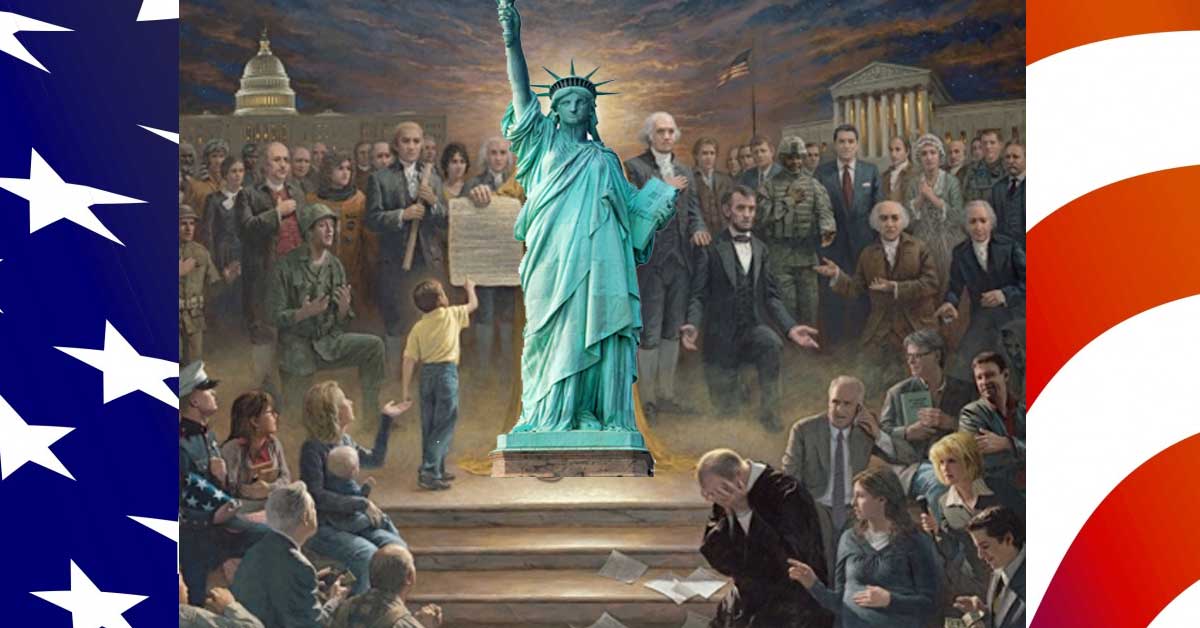
“Civil Religion” is the civic “religion” of a nation. It doesn’t describe the theological religion of a nation, but rather a quasi-religious shared identity built around national symbolism and customs.
American Politics describes the politics of America since before Liberalism, Enlightenment, and Revolution and to today. The articles below explore the most important aspects of American politics as fun facts and myths.

“Civil Religion” is the civic “religion” of a nation. It doesn’t describe the theological religion of a nation, but rather a quasi-religious shared identity built around national symbolism and customs.
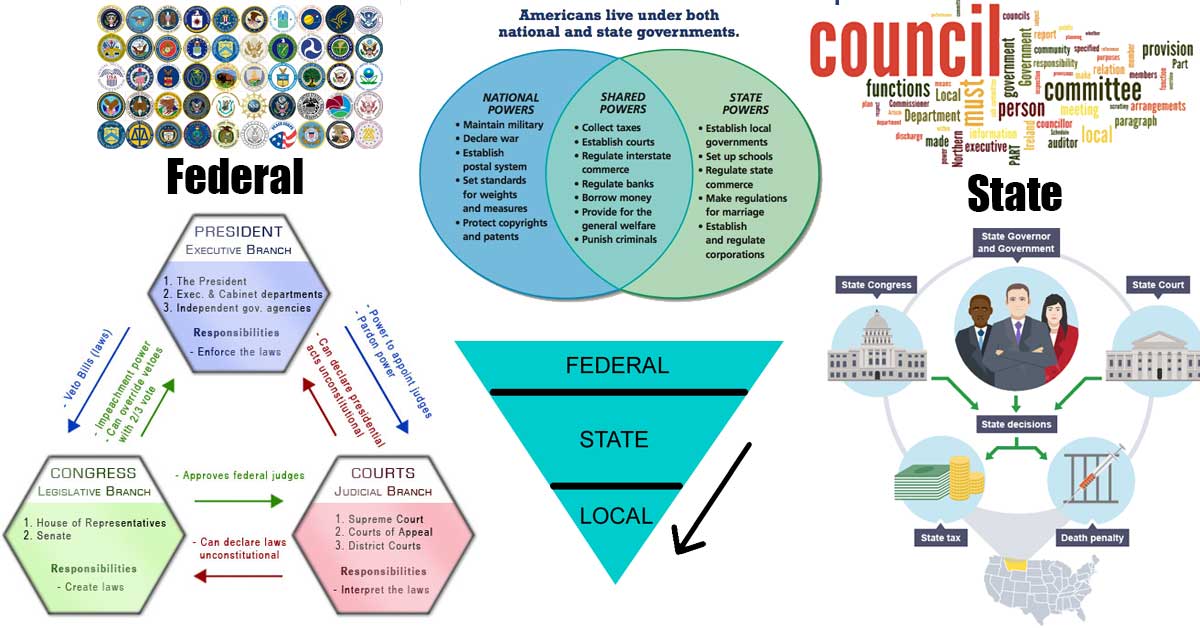
Separation of Powers describes the way in which government is divided into different branches (ex. in the U.S., the legislative, executive, and judicial). Checks and balances describe the powers each branch has to “check” the other branches and ensure a balance of power.
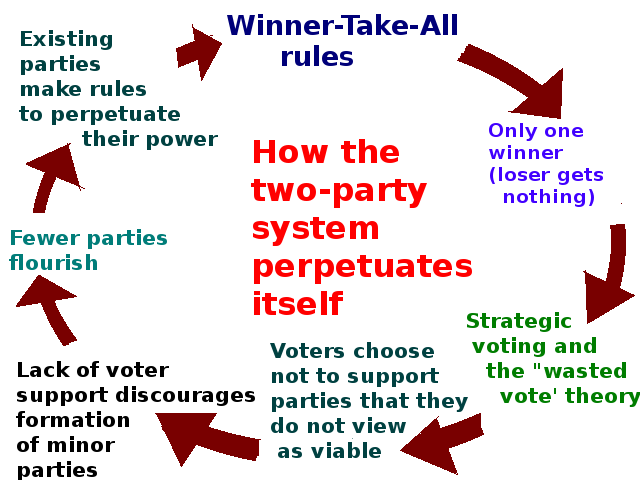
We explain political duopolies by looking at the political duopoly in the United States of America and other historic duopolies.

In modern history political factions have often been represented by a color, we look at political color to understand color politics.
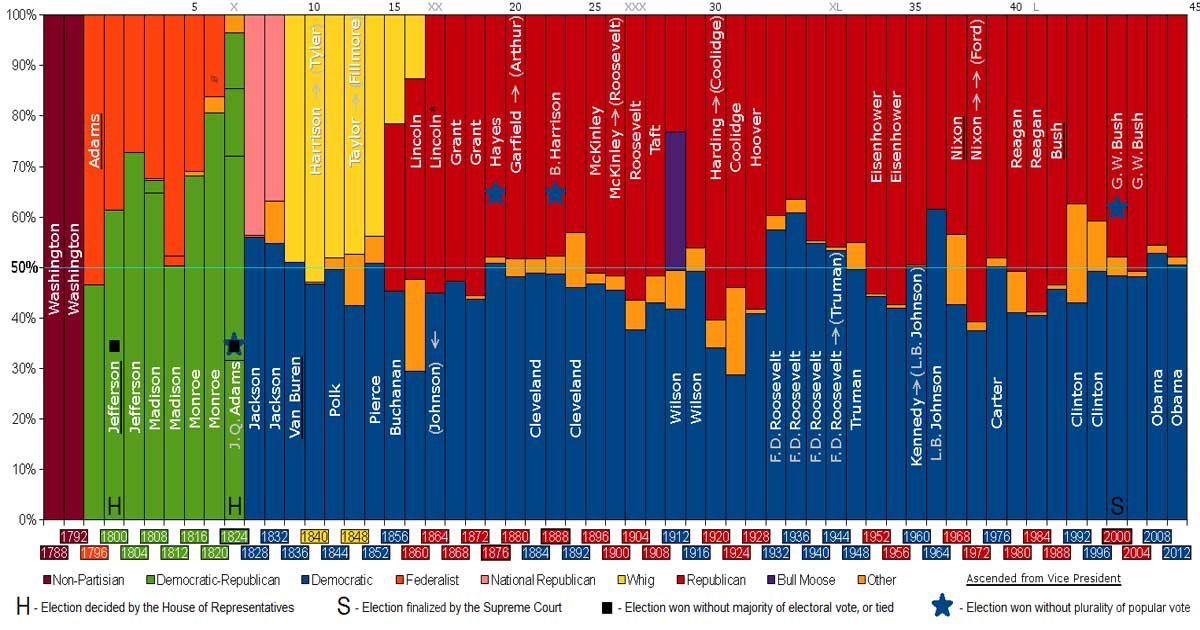
We list the U.S. Presidents, their political parties, and their political ideologies alongside descriptions of their Presidency to examine U.S. history.
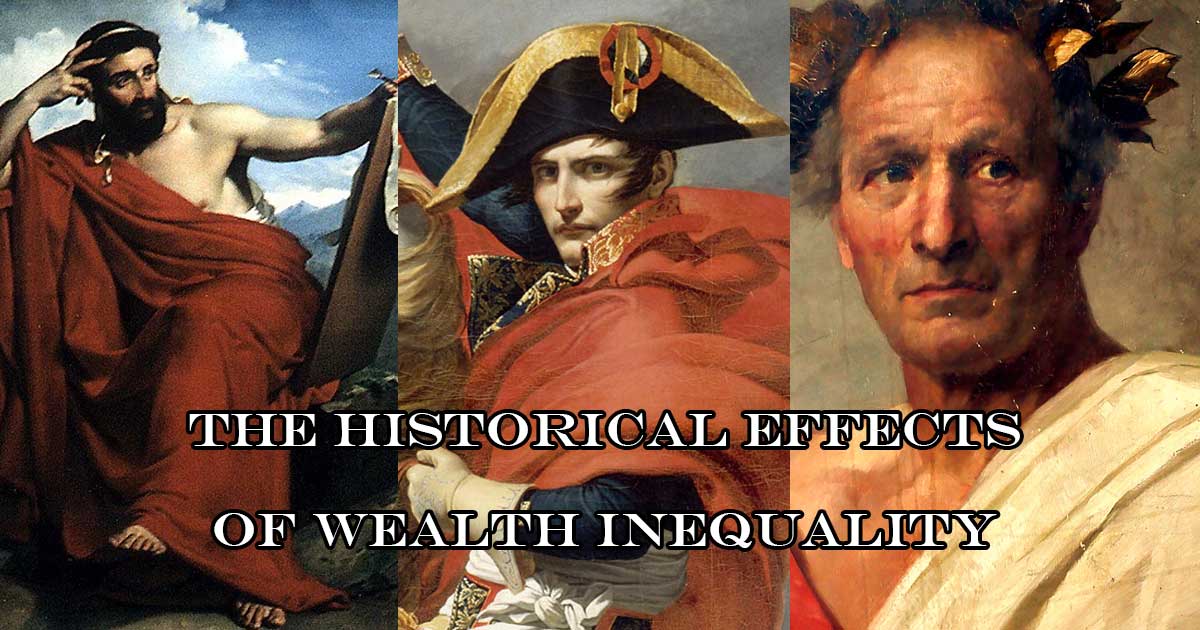
We examine the historical effects of social, political, and economic inequality on society to see how it has led to social unrest and events like revolutions and populist uprisings.

Jean-Jacques Rousseau’s concept of the General Will roughly means “that which is in the best interest of the people” or “the public good”, and not just popular consensus.
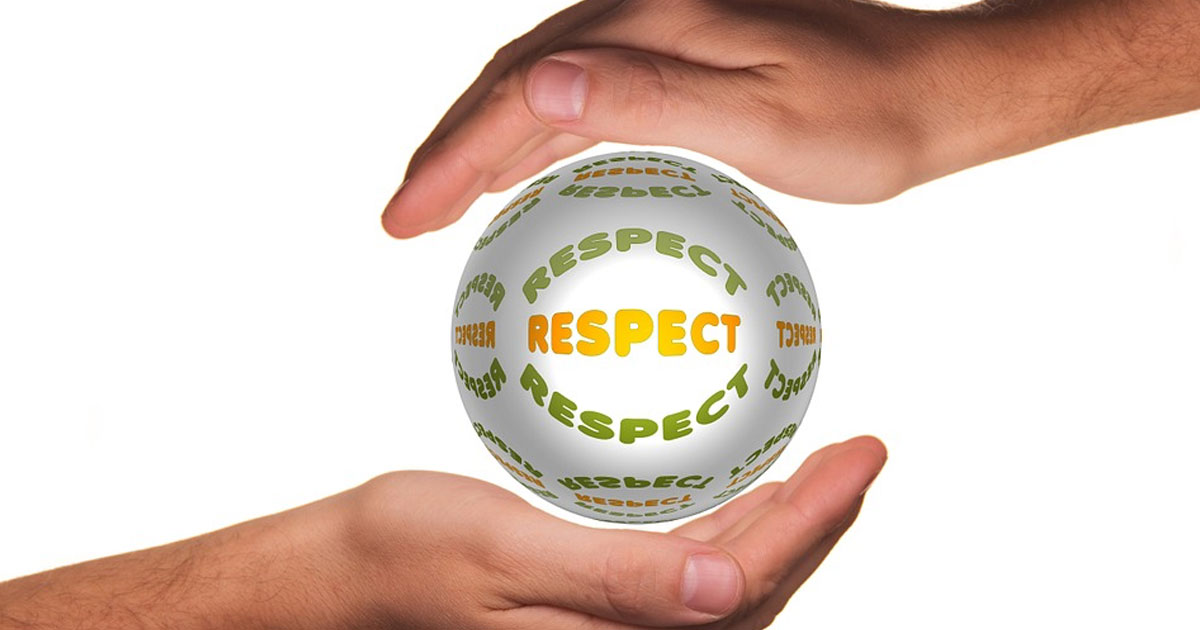
The exact origin of the term politically correct isn’t known, although the earliest usage we could find was from 1793 Supreme Court Case Chisholm v. Georgia.
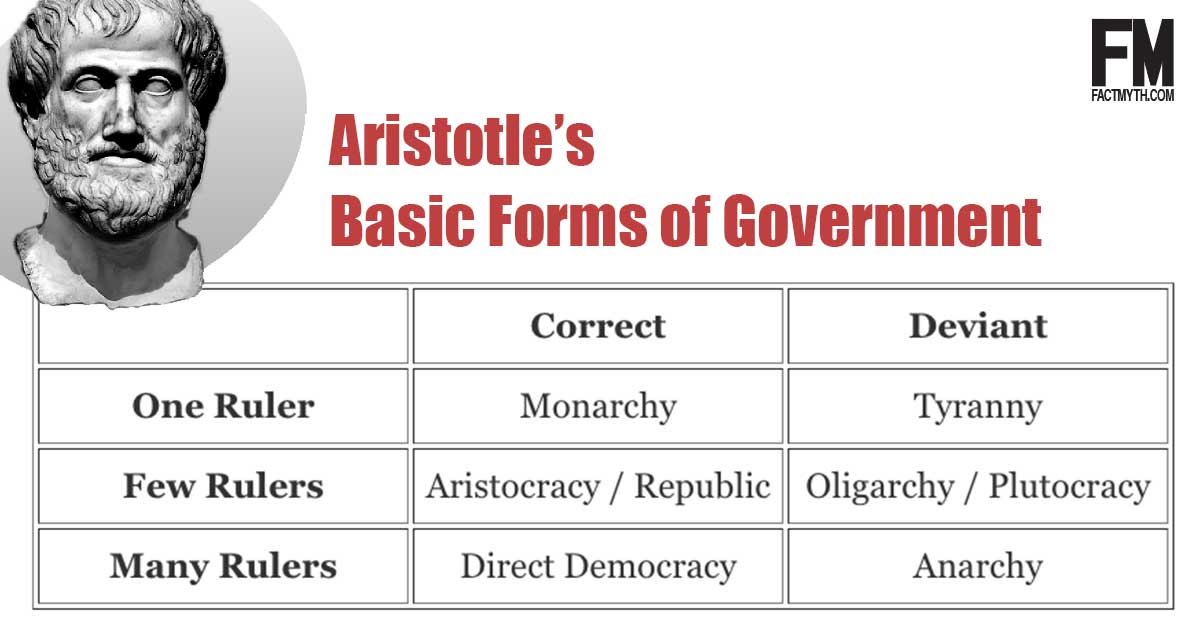
We explain and list the types of governments. We cover the basic classical forms of government, the many types of governments that can be derived from the classical forms, and the actual forms of governments in practice.
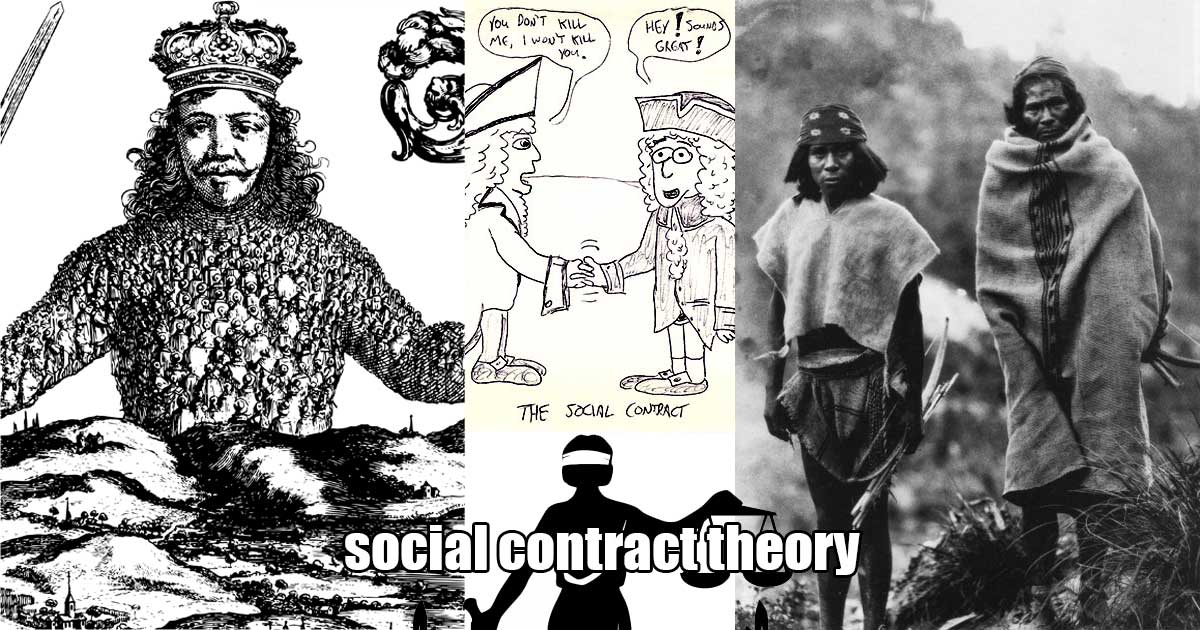
Social Contract Theory is the theory of why people form governments based on how people lived in a State of Nature before government.